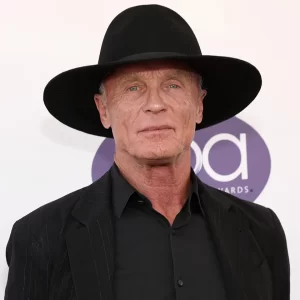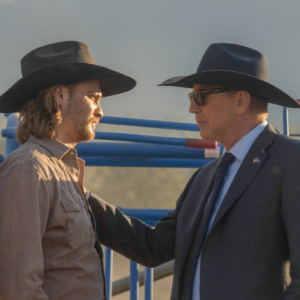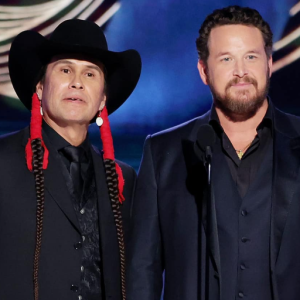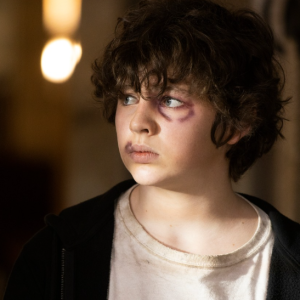Kevin Costner, renowned for his portrayal of patriarch John Dutton III, anchors the compelling drama Yellowstone, a series that has captivated audiences with its raw depiction of the American West, family loyalty, and the relentless struggle for land and power. The show, which quickly became a flagship for Paramount Network, centers on the Dutton family, owners of the largest contiguous ranch in the United States, and their constant battle against those who seek to take their land – be they land developers, a Native American reservation, or the federal government. More than just a television show, Yellowstone delves into complex themes of tradition versus progress, environmentalism, the corrosive nature of power, and the lengths to which a family will go to protect its heritage.
At the heart of Yellowstone’s narrative is John Dutton, a stoic and often ruthless rancher who embodies the spirit of the old West. His character is a man burdened by the weight of generations, determined to preserve his family’s ranch at any cost. This unwavering commitment drives much of the series’ conflict, as John navigates a modern world that increasingly challenges his traditional values and methods. He is a man of few words but profound actions, often making morally ambiguous decisions in the name of the ranch’s survival. His relationship with his children—Beth, Kayce, and Jamie—forms the emotional core of the series, showcasing a family dynamic fraught with love, resentment, and an unshakeable bond forged in shared purpose.
The fight for the Yellowstone Dutton Ranch is multi-faceted. On one side are the powerful land developers, represented by figures like Dan Jenkins and Market Equities, who see the Dutton land as prime real estate for commercial expansion. Their attempts to acquire or devalue the ranch lead to escalating tensions, often culminating in violence. On another front is the Broken Rock Indian Reservation, led by Chief Thomas Rainwater, who seeks to reclaim ancestral lands and restore dignity to his people. This conflict is particularly poignant, as both John Dutton and Chief Rainwater are fighting for their respective legacies and cultural survival, albeit from opposing perspectives. The series expertly portrays the complexities of these disputes, avoiding simple heroes and villains, and instead presenting characters driven by deep-seated convictions and the desire to protect what they believe is theirs.
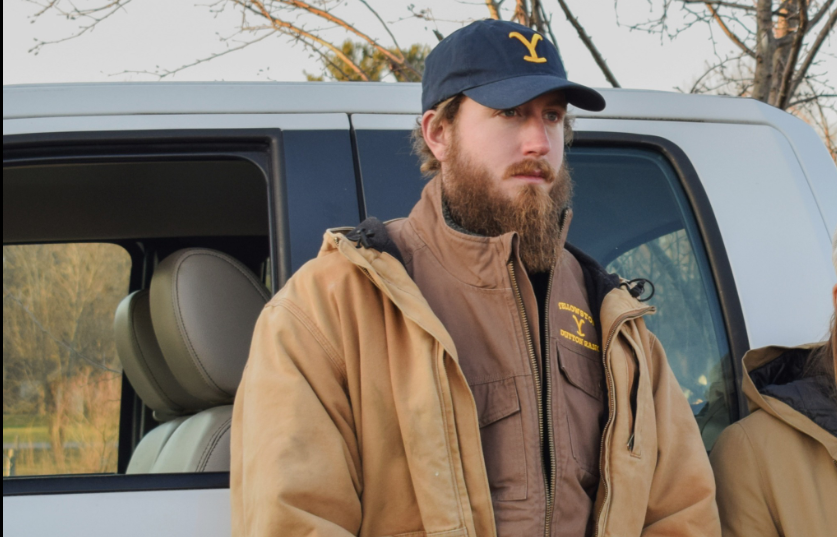
Beyond the external threats, the Dutton family itself is a hotbed of internal strife. Beth Dutton, John’s fiercely loyal and sharp-tongued daughter, is a formidable force, both in business and in her personal life. Her unwavering devotion to her father and the ranch is matched only by her capacity for ruthless manipulation and profound emotional scars. Her relationship with Rip Wheeler, the ranch’s foreman and John’s loyal enforcer, is a fan-favorite, representing a raw, enduring love amidst the chaos. Kayce Dutton, the youngest son, struggles to reconcile his loyalty to his family with his desire for a peaceful life with his Native American wife, Monica, and their son Tate. His journey often places him between two worlds, highlighting the cultural clashes and personal sacrifices inherent in the Dutton saga. Jamie Dutton, the adopted son and a lawyer, yearns for his father’s approval but frequently finds himself at odds with John and Beth, leading him down a path of increasing isolation and moral compromise. His search for identity and belonging adds a tragic layer to the family drama.
Yellowstone is also lauded for its breathtaking cinematography, capturing the majestic beauty of Montana’s landscapes. The vast, sweeping plains, rugged mountains, and powerful rivers are not merely backdrops but integral characters, emphasizing the natural splendor that the Duttons are fighting to preserve. This visual storytelling reinforces the themes of man versus nature, and the romanticized, yet often brutal, reality of ranching life. The series offers an unflinching look at the daily operations of a working ranch, from cattle drives and branding to the harsh realities of survival in a challenging environment.
The series has resonated deeply with audiences for its ability to blend high-stakes drama with nuanced character development and a powerful sense of place. It taps into a collective fascination with the American frontier, portraying a world where honor, grit, and family legacy are paramount, even if they sometimes necessitate extreme measures. The show’s success has also spawned a growing “Duttonverse,” with prequel series like 1883 and 1923 exploring the origins of the Dutton family’s arrival in Montana and the subsequent generations who built the ranch. These spin-offs enrich the main series by providing historical context and deepening the understanding of the family’s enduring commitment to their land.
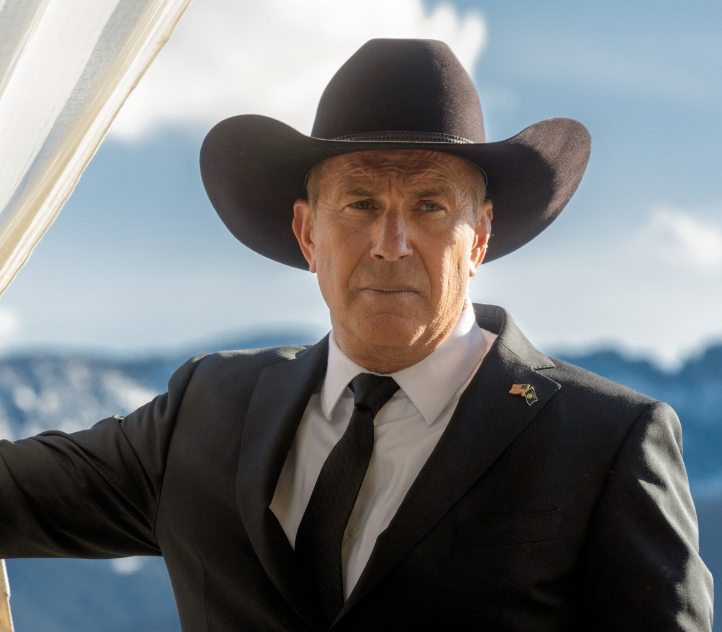
As Yellowstone approaches its highly anticipated conclusion, the fate of the ranch and the Dutton family remains uncertain. The escalating conflicts, both internal and external, suggest a dramatic and potentially devastating resolution. John Dutton’s tenure as governor has added another layer of political intrigue, demonstrating his willingness to wield power at the highest levels to protect his interests. The legacy of the Yellowstone Ranch, and the complex, often violent, history behind its preservation, continues to be a compelling exploration of the American spirit—a testament to resilience, the fight for identity, and the timeless allure of the wild West. The series firmly establishes itself as a modern epic, forever etching the Dutton name into the annals of television history.
